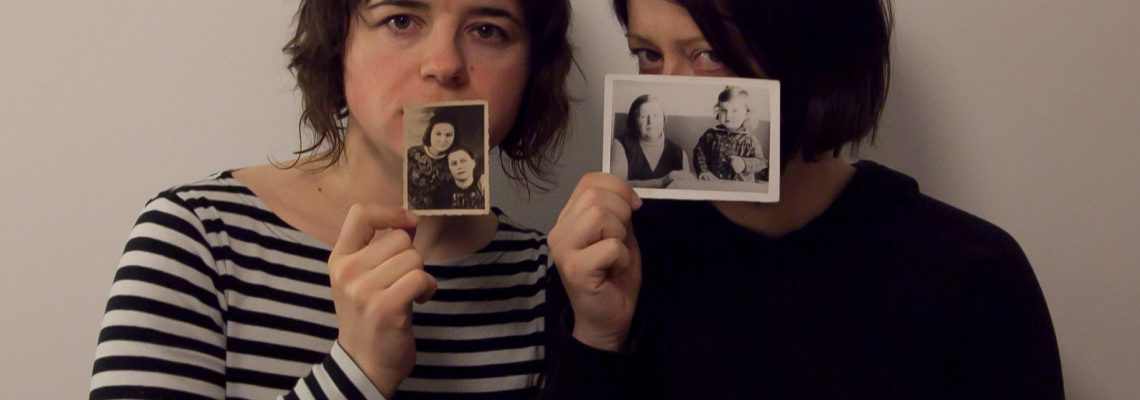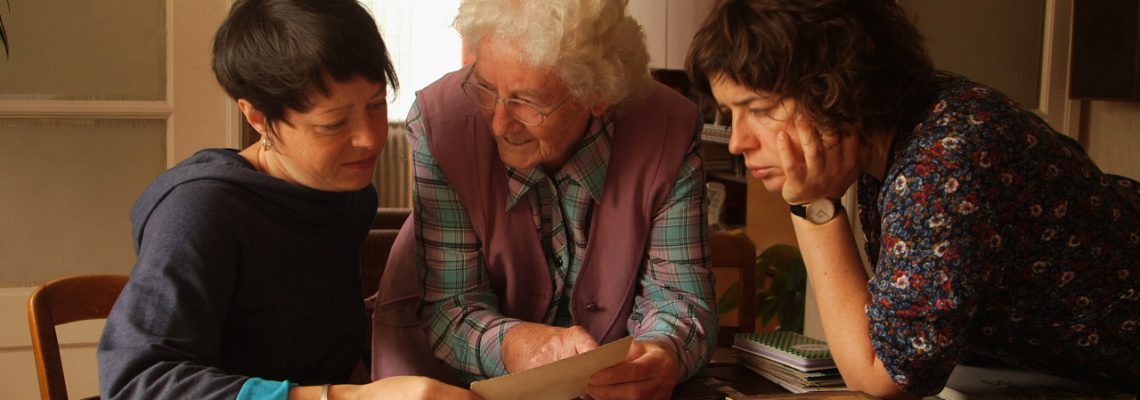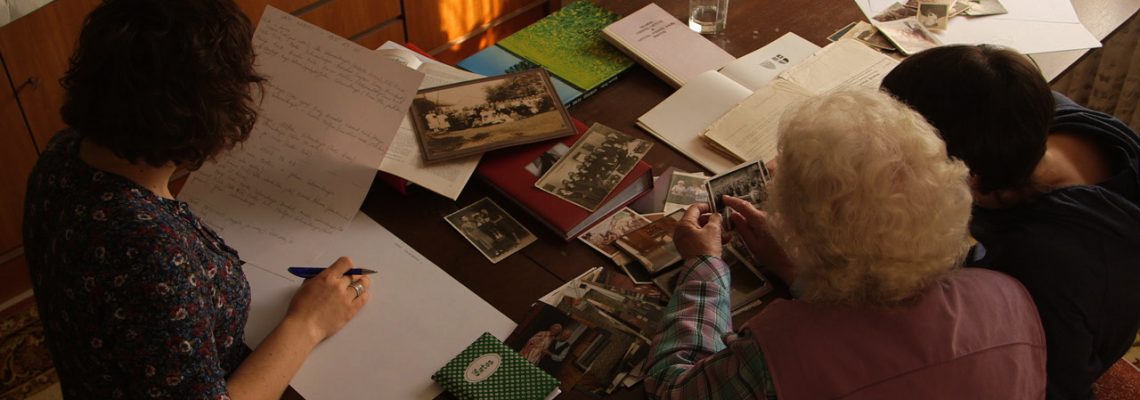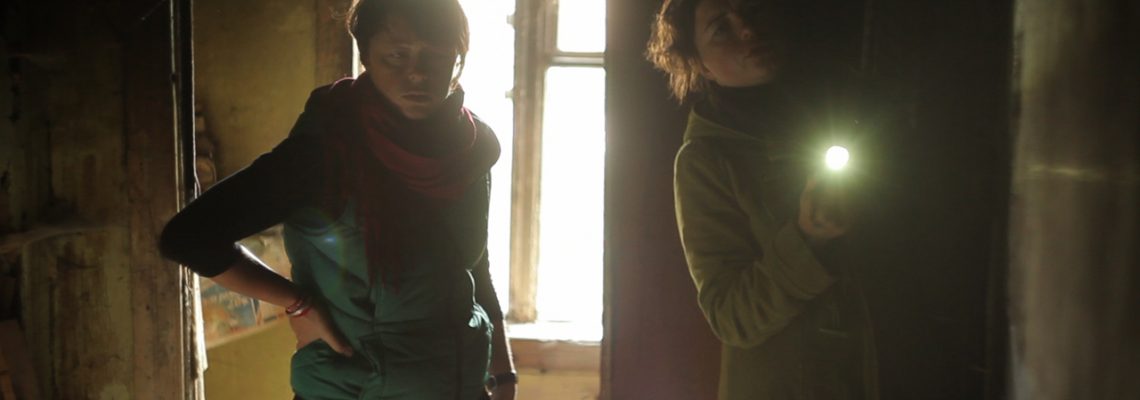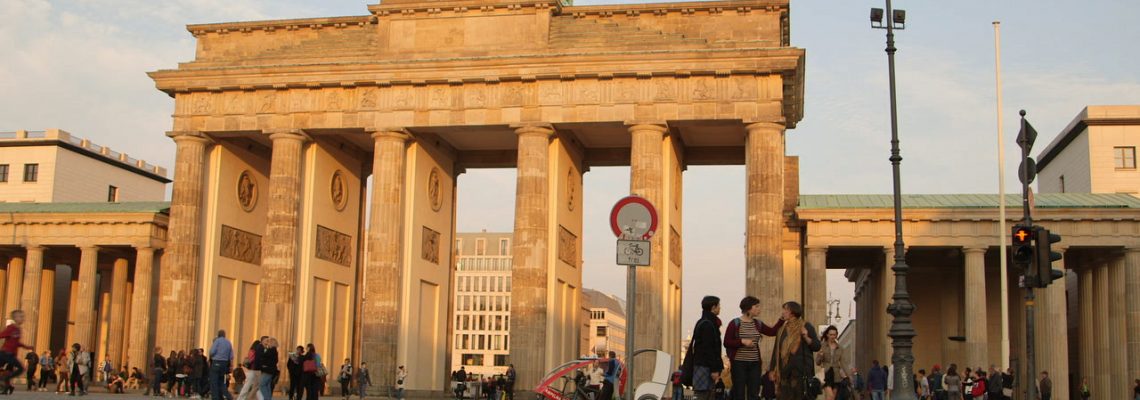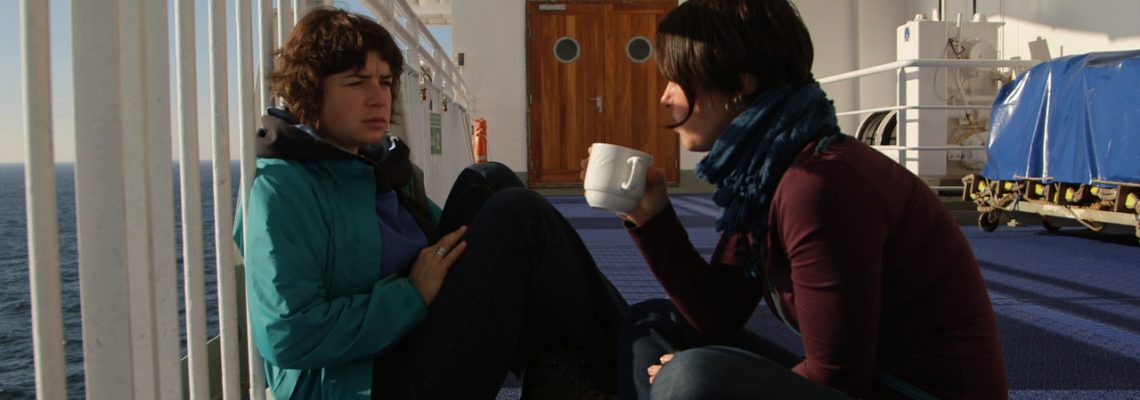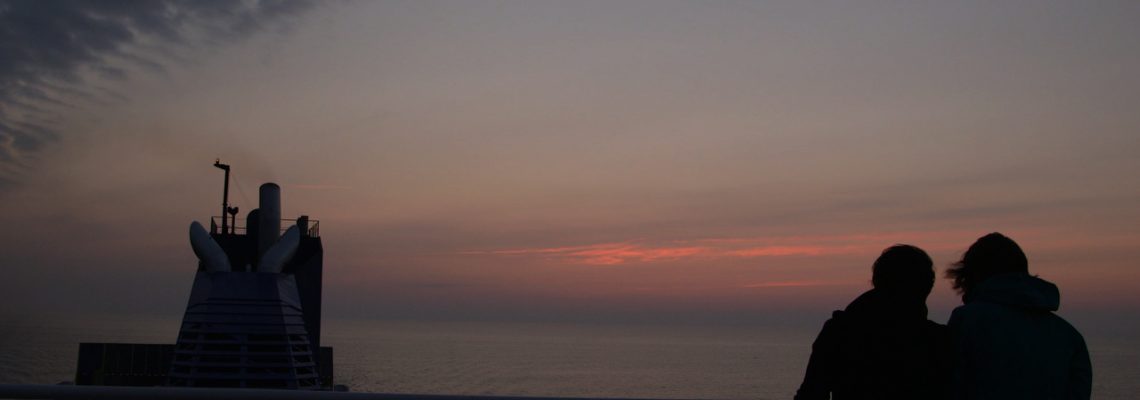documentary, 84min, in co-production with TREMORA (LT)
with backing from: Film- und Medienstiftung NRW, FFA Filmförderungsanstalt, Lithuanian Film Center
directors / authors: Jūratė Samulionytė & Vilma Samulionytė
co-author: Cornelia Köhler
producers: Dagmar Blume-Niehage, Ieva Norviliene
DOP: Audrius Zelenius
sound: Martynas Tamulis
music by: Markus Aust
editors: Linas Grubys & Nele Jeromin
editing consultant: Gesa Marten
Time to talk. About everything.
Nothing else changes so much as the past.
The film by sisters, which inspires for sisterhood.
Two sisters from Lithuania – a filmmaker and a photographer – go on a journey through their German grandmother’s past, who committed suicide at the age of 72. Thus her past remained full of unanswered questions. The war, the discomfort of being German in Sovjet Lithuania, a tragic unfulfilled love and life-changing decisions – every step reveals new questions, but closest family members remain behind a wall of silence. What is hidden and why is it so hard to talk? A long journey, which leads in two directions – towards the other person and towards yourself.
From the catalogue of the Nordic Film Days Lübeck: „In unhurried, rhythmic sequences, underpinned from time to time by a lovely soundtrack, the film unfolds from a family story into a reflection on the cruelty of the 20th century.“
“What We Leave Behind” is made from a need to talk about unspoken topics, to find answers and hopefully to break taboos. During the research, the directors encountered her grandmother’s love story, the discomfort of being German in Soviet Lithuania and a chain of suicides in their family.
Lithuania has the highest suicide rate in Europe. One reason is the culture of silence, that prevents the process of „coming to terms with the past“. The film encourages to open this topic to society and stop hiding behind shame and guilt, but inspire to share your emotions and feelings to people who are close.
Apart from the basic personal structure, the subplots tell the consequences of the Second World War – or of war in general – on the 2nd and 3rd generation, especially living as the 2nd and 3rd generation of refugees. Therefore the film also provides indications on how the children and grandchildren of refugees in our current society will maybe live in the future. Will they also have to deny their roots, as the grandmother and mother of the filmmakers did?
Jūratė Samulionytė & Vilma Samulionytė: Only by understanding our past we can have a chance of understanding why we live, how we live, which decisions to make and which careers or partners to choose.

